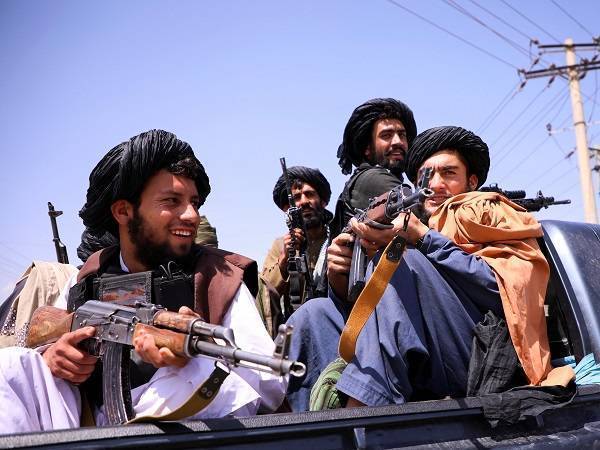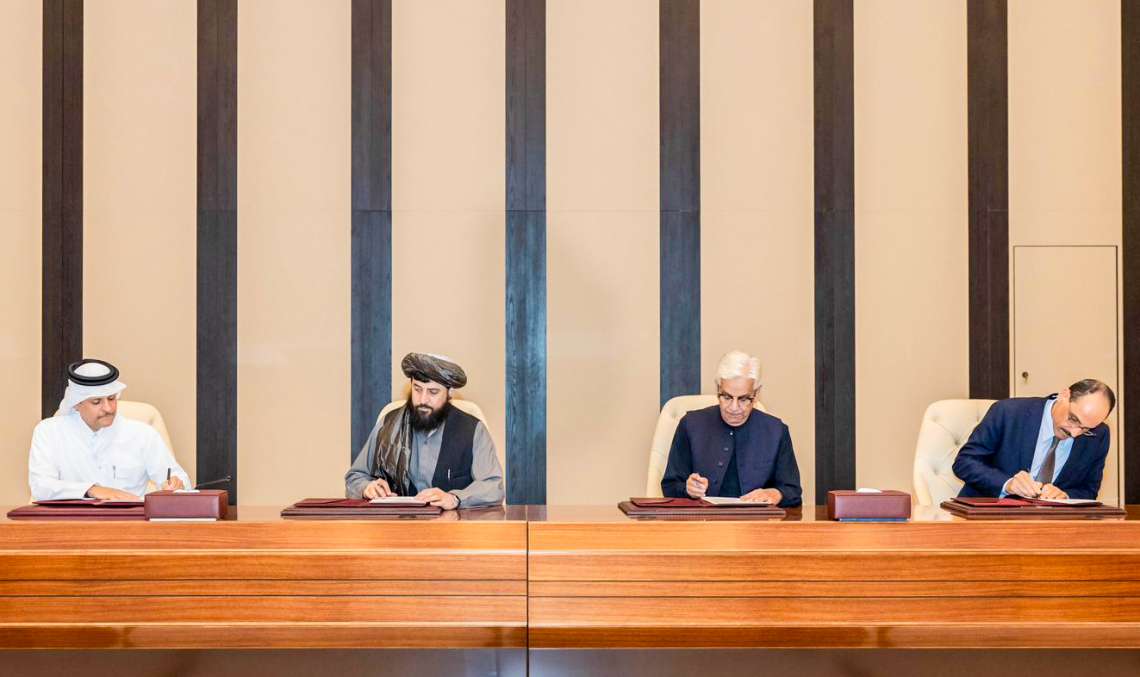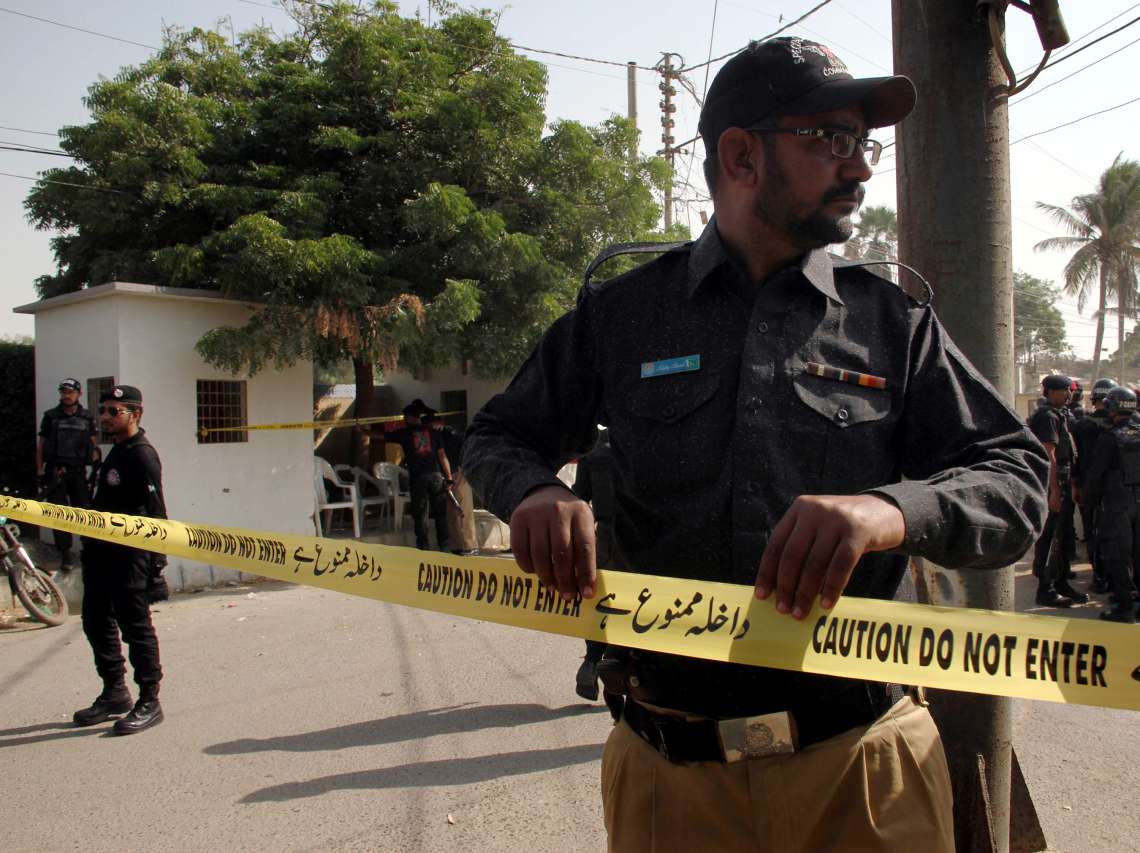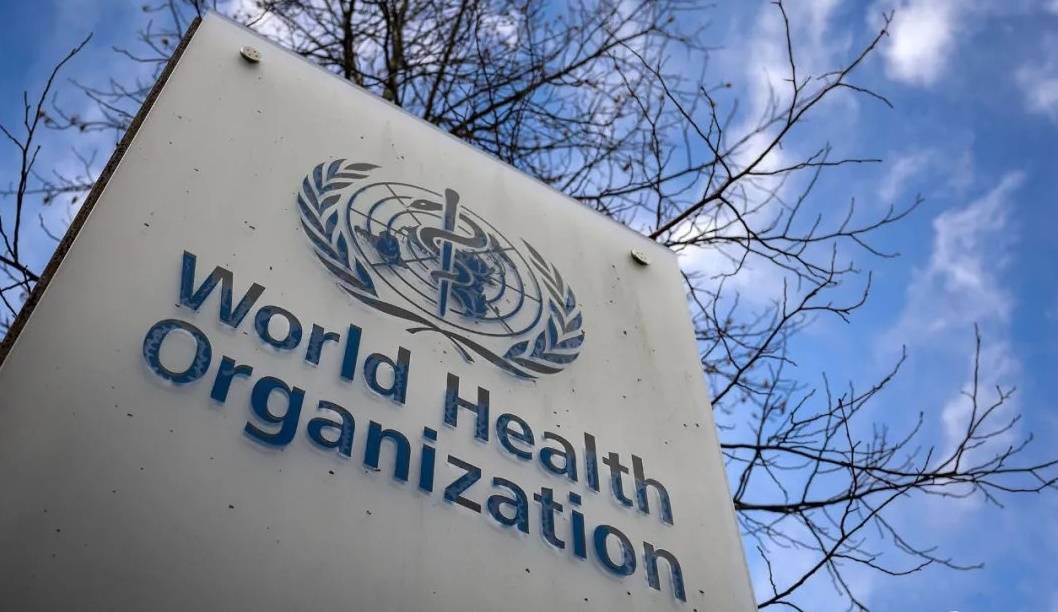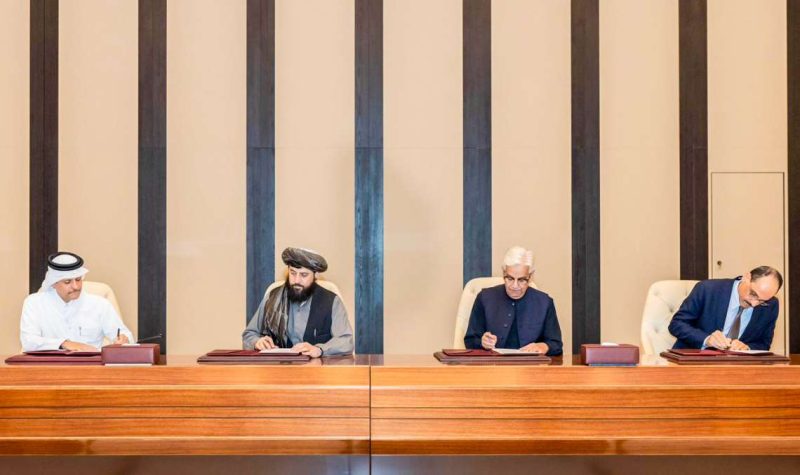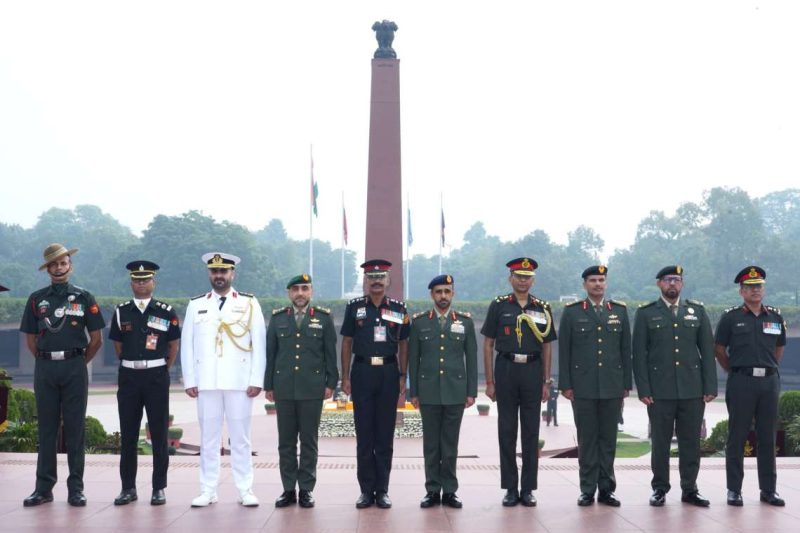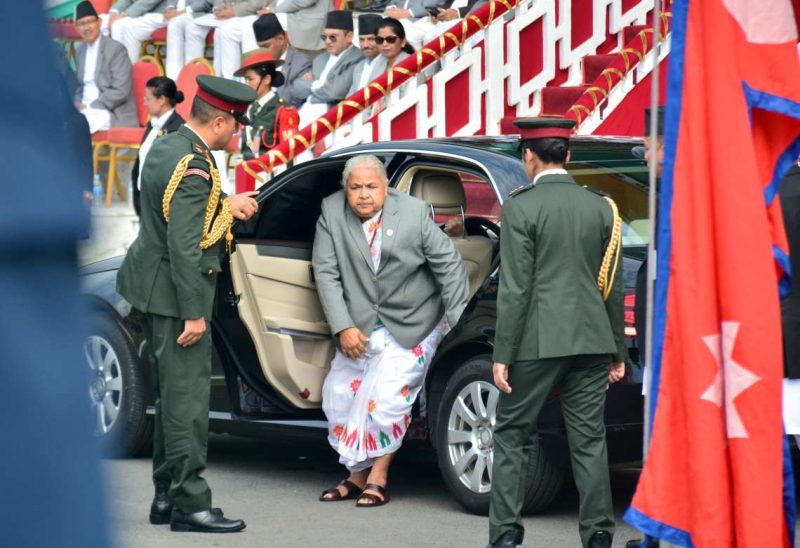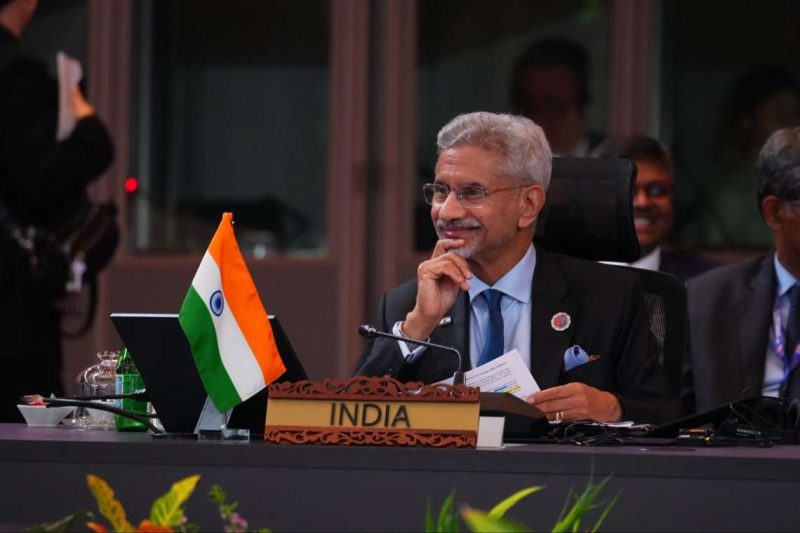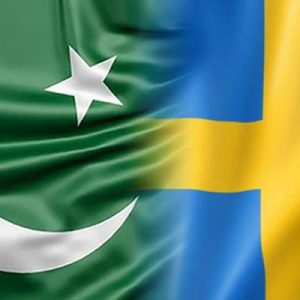It will be tough for Pakistan to not be seen as a protector of a pariah regime. However, the Taliban 2.0, if we may call it that, has not proven to be drastically different from its previous avatar, especially in terms of the policies and practices it follows…writes CHAYANIKA SAXENA
The fall of Afghanistan to a puritanical group, the Afghan Taliban, has brought with it a host of challenges not only for the war-ravaged country itself but for the larger geopolitical dynamics in the South Asian region. On the one hand, the supposed victory of the insurgent Taliban is said to have bolstered extremist sentiments throughout the region.
On the other, the Taliban’s almost uncontested return to power has upset the delicate balance between the nation-states in this part of the world. Today, each of the eight South Asian countries is grappling with challenges that the ascent of the Taliban has thrown its way.
From concerns regarding the legitimacy claimed by the until now outlawed insurgent group to the humanitarian crisis currently unfolding in Afghanistan, the South Asian region is finding itself at the precipice of yet another geopolitical tumult.
However, even as each of the eight South Asian nations has its own set of apprehensions about what the ongoing geo-economic and geopolitical crisis in Afghanistan will mean for it, Pakistan may have bitten more than it can chew.

Dealing with a constitutional crisis of its own, the Pakistani (deep) state finds itself at the crossroads of a geopolitical crisis, which is partly of its own making. Suffice it to say here that the rise of its extremist protege, the Taliban, to power in Afghanistan has created rippling effects for which Pakistan might be ill-prepared. In a way, then an observation made by Hillary Clinton years ago, on the potentially harmful consequences of “breeding snakes in one’s backyard” is likely to prove true, especially as the Pakistani benefactors and the beneficiary Taliban will only grow further apart in the days to come.
After all, with the nation-state of Afghanistan, its governance structures and administrative institutions firmly under its control, the Taliban will start feeling the pinch of having to deliver on its (controversial) promises, some of which might even be at odds with the interests of its military-ruled neighbour.
Pakistan’s Strategic Gambit and Afghanistan
Notwithstanding the larger troubling consequences, the interim Afghan government led by the Taliban offers a sense of immediate comfort and satisfaction to Pakistan. It must be mentioned here that the current government led by the Taliban is populated with individuals (and entities) that are known to have explicit backing of the Pakistani deep state.
The Haqqani Network (HQN), for instance, is understood to be a critical middleman within the larger movement of the Taliban, which works to keep the balance in favour of Pakistani interests. It comes as no surprise then that the leader of the HQN, Sirajuddin Haqqani, has made his way into the Taliban’s government as the Interior Minister.
Similarly, the rise of a so-called friendly regime in Afghanistan is being viewed as a strategic accomplishment by the Pakistani deep state, which for long had seen the democratic governments of Afghanistan as an implicit threat to its national security. Backed by Western countries on the one hand and being in a friendly alliance with India on the other, the previous regimes leading the Islamic Republic of Afghanistan were seen as being animus to Pakistan’s perpetual (and flawed) quest for “strategic depth”.
It is important to note here that Pakistan’s enduring rivalry with India coloured its approach towards Afghanistan so much so that it viewed the latter’s humanitarian and developmental aid with unredeemable suspicion. In fact, the former Pakistani Foreign Minister, Shah Mahmood Qureshi, had gone onto claim that the Indian embassies and consulates in Afghanistan had become a “hub for terror sponsorship against Pakistan”.
And while the animosity between India and Pakistan makes trading of allegations an everyday reality, a claim such as the one made by Qureshi is not only phony but also counterfactual given that there has been an increase in the intensity of attacks within Pakistan since the Taliban takeover in August 2021.
India, like other members of the democratic bloc, had shut down all its consulates and embassies in the wake of Taliban’s walkover, punching holes in Pakistan’s ill-founded thesis.
It is true that the Taliban does not necessarily see eye to eye with India because of reasons that owe themselves partially to the former’s close association with the Pakistani deep state. Having said that, the newly assumed mantle of being the political authority of a nation-state is pushing Taliban to question its traditional geopolitical stance. In fact, in a recent statement issued by the Taliban’s UN Ambassador designate, Suhail Shaheen, the interim government in Afghanistan is willing to provide “secure environment to reopen their embassies and start functioning as normal”.
While it will not be geopolitically judicious to take the Taliban on its face value, India could very well use this opportunity to de-hyphenate the Pakistan-Taliban equation. The Pakistani deep state, however, is unlikely to take such statements of invitation kindly.
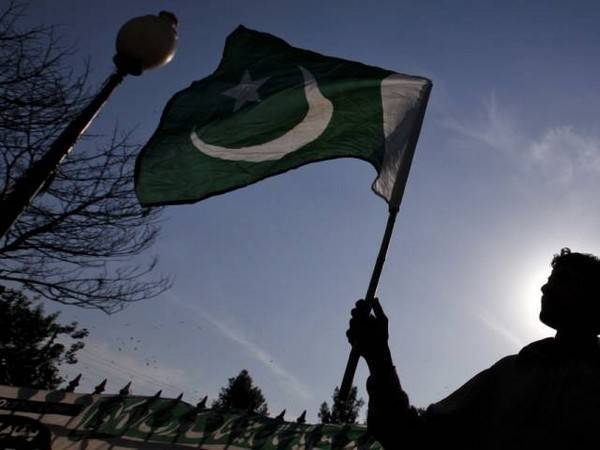
All is Not Well in the Paradise
According to a report published by the International Crisis Group, “the Taliban, in fact, at least initially appeared in some ways to be dictating Pakistan’s policy choices — forcing Islamabad to concede to at least some demands on cross-border movement and pressuring it to reach a negotiated settlement with the Pakistani Taliban”. That the Taliban has managed to turn the tables, even a little bit, indicates that all may not be well in the client-patron paradise.
For that matter, the consolidation of political power in the hands of the Afghan Taliban has given the group some leverage to negotiate with its Pakistani benefactor on a plane shared (only) by state actors.
While the Taliban is still far from attaining national and international credence as the legitimate authority presiding over Afghanistan, it is nevertheless the de-facto government that the world, including Pakistan, will have to deal with on newer terms. Hence, it will not be wrong to suggest that the Taliban’s transformation from an insurgent group to an interim government has in itself become an irritant for the Pakistan.
With the Taliban taking a life of its own, more so politically as the authority in Afghanistan, Pakistan is finding itself in a bind of having to deal with a former non-state group becoming its de-facto counterpart.
Facing a Catch-22, or a situation from which there is no escape because of mutually conflicting circumstances, the Pakistan of today has willingly made way for the rise of a regime next door that is unlikely to receive national and international support at least in the near future.
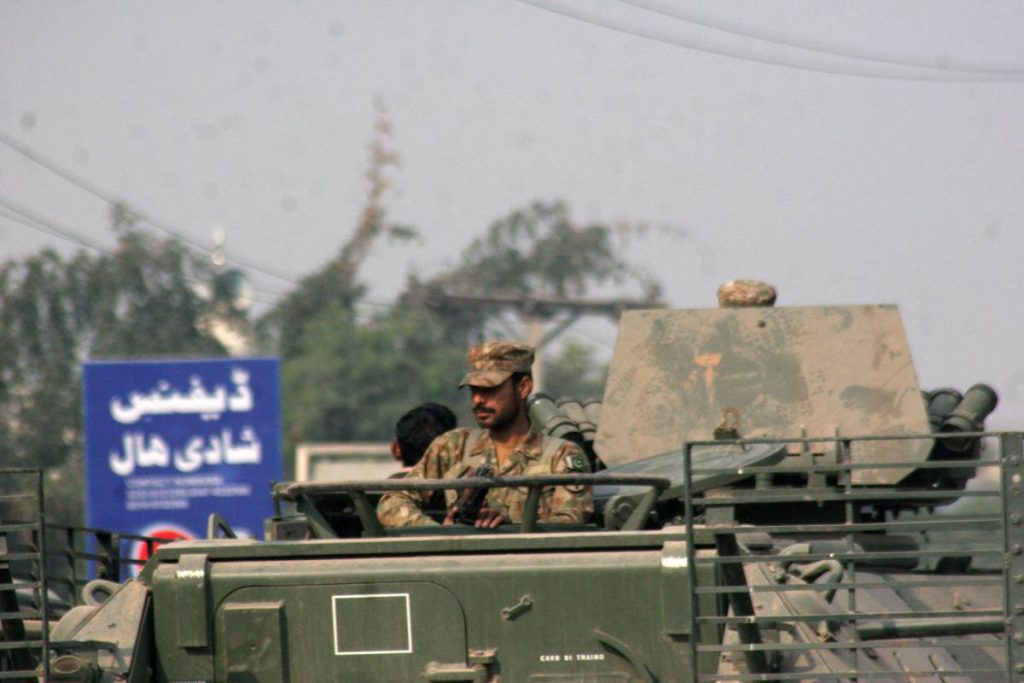
It will be tough for Pakistan to not be seen as a protector of a pariah regime. However, the Taliban 2.0, if we may call it that, has not proven to be drastically different from its previous avatar, especially in terms of the policies and practices it follows.
For instance, its puritan diktats, which range from enforcement of dress codes to suspension of schooling for girls beyond sixth standard, has drawn the ire of people both within Afghanistan and beyond. At the same time, Taliban’s continuing designation as an internationally proscribed entity will continue to mar its prospects of gathering international momentum in its favour, especially in view of its reluctance to break-off its links with terrorist outfits like the Al-Qaeda.
Domestically, the Taliban’s inability as well as its lack of capacity to administer the rule of law, provide services and create a sense of public order in a chaotic Afghanistan will only expose the weaknesses of this group further. Reportedly, the rifts within the Taliban are only growing, which are bound to make the matters worse by pushing competing factions to stake claim at power in their own — often violent — ways.
As such, the return of the Taliban in an almost bloodless overthrow of the previous government should not be misunderstood as indication of the group’s political victory. Far from it, the walkover by the Taliban demonstrated the inadequacies that plagued the political system of Afghanistan so much so that it could not sustain itself without external support.
On balance then, the takeover of Afghanistan by the Taliban may not be as beneficial as the Pakistani deep state might want it to be. Far from it, the Taliban’s ascent has thrown up challenges for Pakistan, including the potential of further damaging the latter’s relationship with the West. Moreover, the Taliban’s return to power as an Islamist force is expected to have dangerous spill-over effects that Pakistan can ill-afford.
Hence, while the so-called victory of the Taliban may have delivered a sense of gratification to the powerful army-intelligence nexus of Pakistan in the short-term, it is entirely possible that the Frankenstein will turn on its creator sooner than later. In some ways, it already has.


